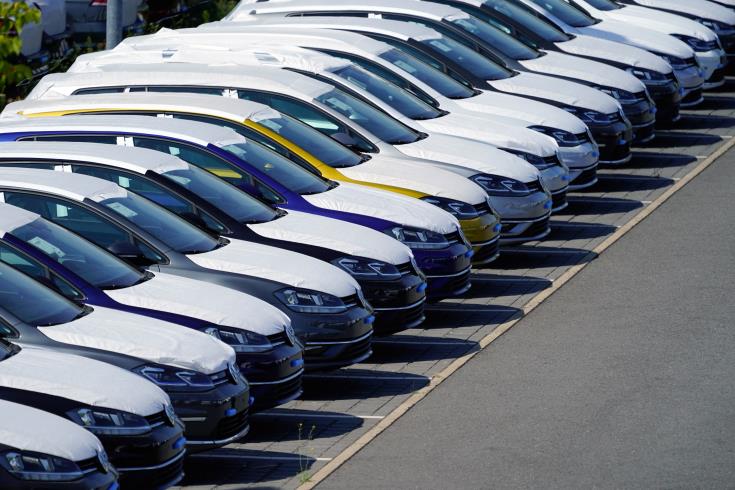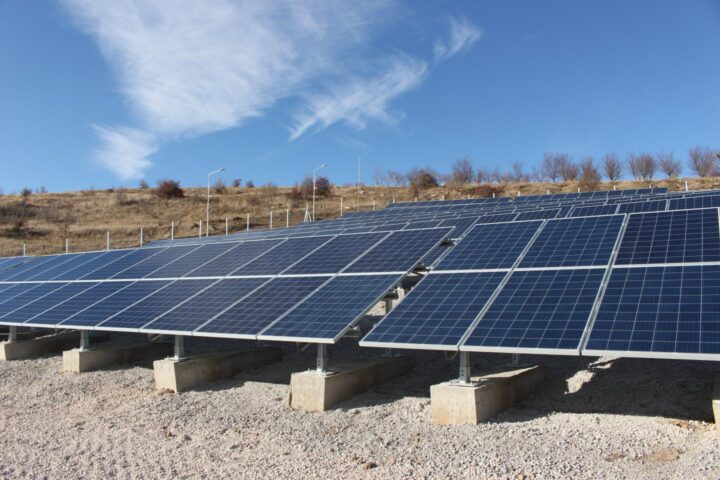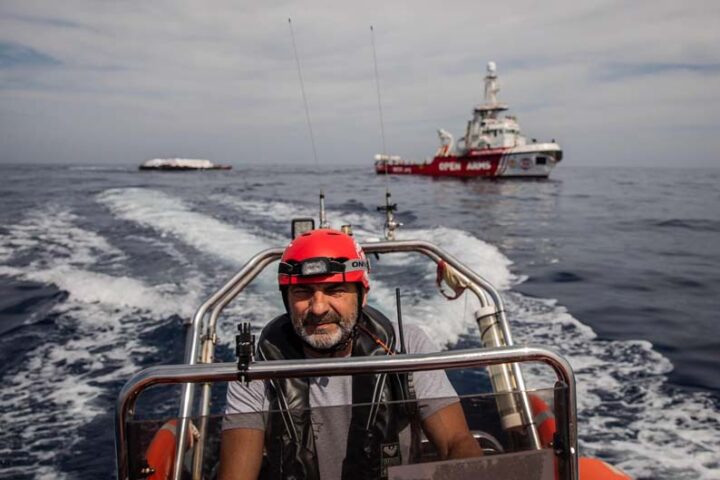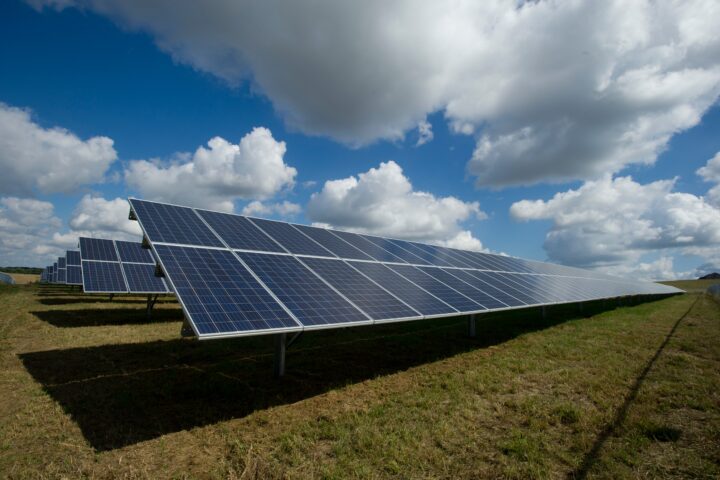There was no surprise the government’s car scrappage scheme was oversubscribed tenfold, with more than 3,000 motorists jumping at the opportunity for a state grant to replace their old banger with an eco-friendlier vehicle.
The first phase of the €15 mln incentive scheme is followed by a ‘generous’ €30 mln scheme encouraging people to opt for an electric car, with a January 3 deadline to submit.
This plan hopes to attract 1,375 applications and includes a €1,000 scrappage bonus if linked to purchasing a new electric or hybrid vehicle with a €9,000 grant or €4,000 for a used car.
The aim is to reduce greenhouse gas emissions by at least 40%, with Cyprus setting a target to register 36,000 electric vehicles by the end of 2030, or 25% of all new vehicles by that year, raising this percentage to 100% by 2035.
No doubt, this is a generous scheme, albeit delayed with a limited budget.
It could have been bigger if the government truly believed in fast-tracking the transformation to a green motor society.
Some of the conditions suggest that the plan is not ambitious enough, judging from the maxim emission levels, with little consideration to the fact that to plug in the new EV, consumers will be paying out of their nose when they see their monthly electricity bill.
On the other hand, before introducing the scheme, the government should have considered the higher emission levels to produce more electricity, while charging points have increased to 33 islandwide.
Cyprus continues to pay carbon emission fines because of the inexcusable delay to import natural gas to fire up the state and private power stations, and consumers are footing the bill.
Had we had cheap, natgas fueled power production, with a bigger contribution of solar in the energy mix, buying an EV would have been more affordable in the medium to long run, encouraging fleets of taxis and buses to convert to clean energy.
However, this is planned for 2022, with fingers crossed that we have no further delays.
Fortunately, cheaper electricity will also be imported once the twin interconnectors from Egypt and Israel hook up with the Cyprus system, and subsequently with the Crete and then European grids, by which time the state should decide if it wants to go all-electric, by installing many more charging points and building better infrastructure to support this development.
Perhaps, politicians want to ‘spearhead’ such a green campaign once the runup to the presidential elections gets fully underway.
For now, new and used car importers will be making a killing, with the low-income motorist remaining a major emissions consumer due to unaffordable electric vehicles.
Time to get that bicycle out of the shed…










